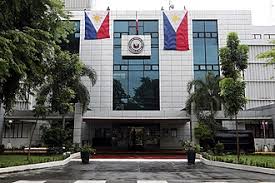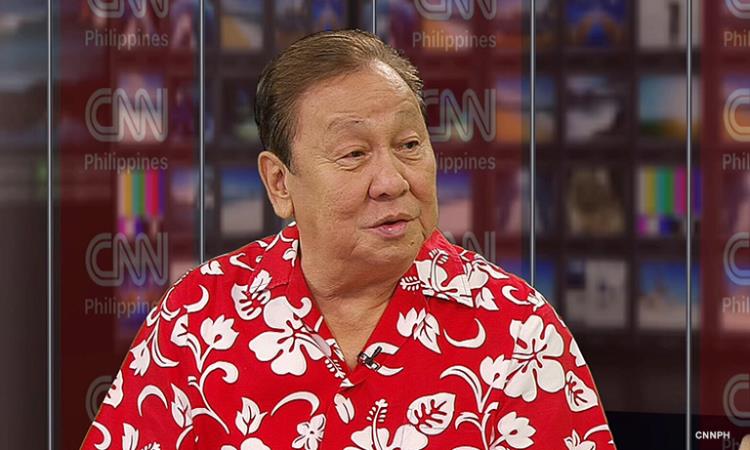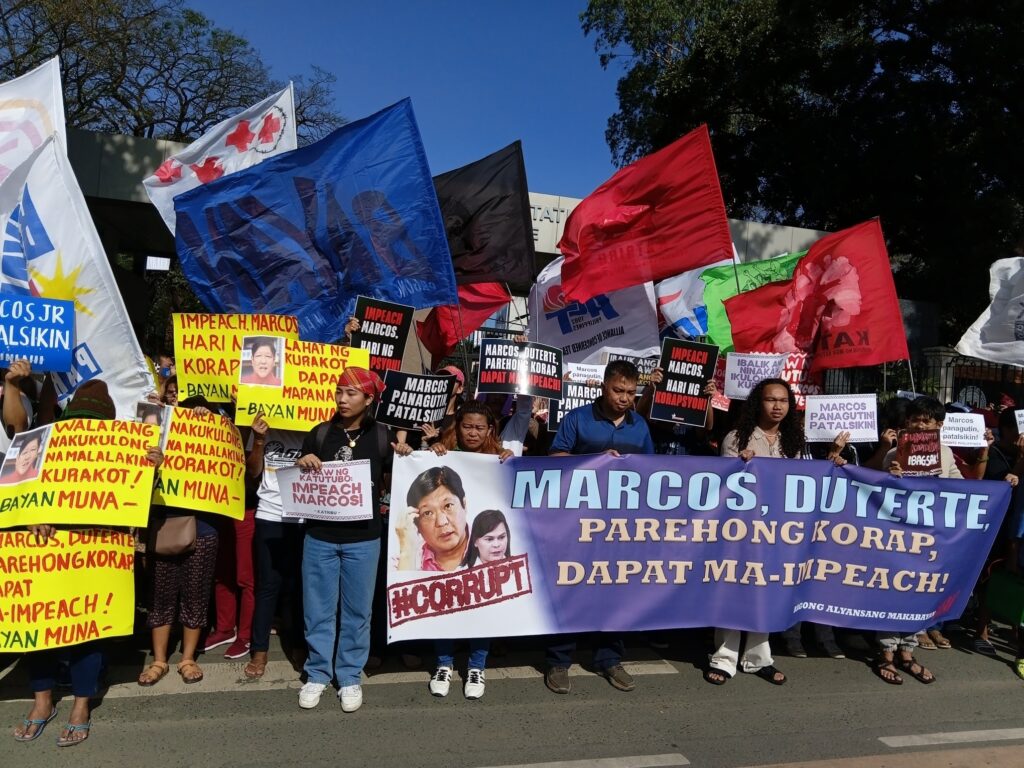📷tsek.ph
The March 11 arrest of former Philippine President Rodrigo Duterte by Interpol has sparked a surge of misinformation across social media. Fabricated narratives portraying him as a victim of injustice have been widely circulated to rally public sympathy.
Data from fact-checking coalition Tsek.ph showed that misleading claims about Duterte’s detention and transfer to The Hague, where he faces International Criminal Court (ICC) charges for crimes against humanity, make up nearly 25% of the 127 fact-checked articles since February.
These claims surpassed misinformation regarding the impeachment of his daughter, Vice President Sara Duterte, which accounted for 18% of fact-checked reports over six weeks.
The spread of disinformation, with 83% favoring Duterte, began soon after his arrival at the Ninoy Aquino International Airport from Hong Kong. Viral content included false reports of international support, misattributed quotes, and edited videos misrepresenting pro-Duterte rallies in Manila, Mindanao, and the Netherlands.
One of the most prominent fabrications was a fake quote card featuring TV host Vice Ganda, falsely praising Duterte’s leadership. The post amassed over 1.6 million views on TikTok and 84,000 shares on Facebook.
Similarly, fabricated statements attributed to U.S. President Donald Trump and altered logos of major news outlets such as The New York Times and BBC sought to legitimize Duterte’s controversial anti-drug campaign.
Manipulated videos further amplified the false narratives. Footage of Argentina’s 2022 World Cup victory parade was misrepresented as a pro-Duterte rally, while clips of Serbian protests were falsely labeled as demonstrations in The Hague. Locally, a video allegedly showing a prayer rally for Duterte in Sultan Kudarat was footage from a student event.
False claims also targeted First Lady Liza Araneta-Marcos, with viral images incorrectly identifying her companions as ICC judges responsible for Duterte’s arrest warrant.
The impeachment of Vice President Sara Duterte has also been a focal point for misinformation, with manipulated videos, AI-generated images, and false claims asserting that her impeachment was invalid or that foreign leaders opposed it.
Social media continues to be a primary channel for spreading disinformation, with 92% of false claims appearing on multiple platforms, predominantly Facebook (73%) and TikTok (43%). (TCSP)




